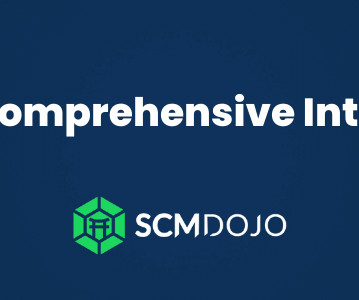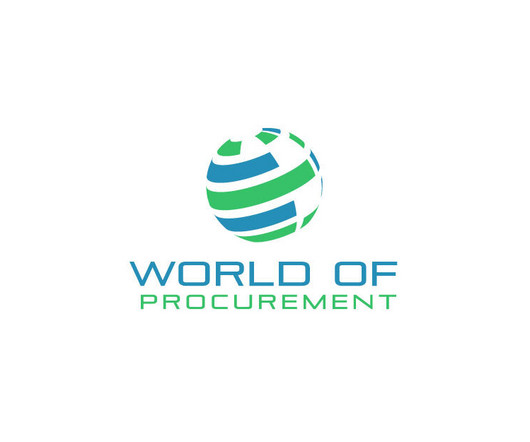What is Supply Chain Management? A Guide to Success
SCMDOJO
APRIL 29, 2024
Are you interested in understanding how businesses effectively manage their supply chains? Look no further – this guide is here to help you grasp the fundamentals of supply chain management (SCM) and how it can lead to success. It encompasses activities such as procurement, supplier selection, and evaluation.












Let's personalize your content